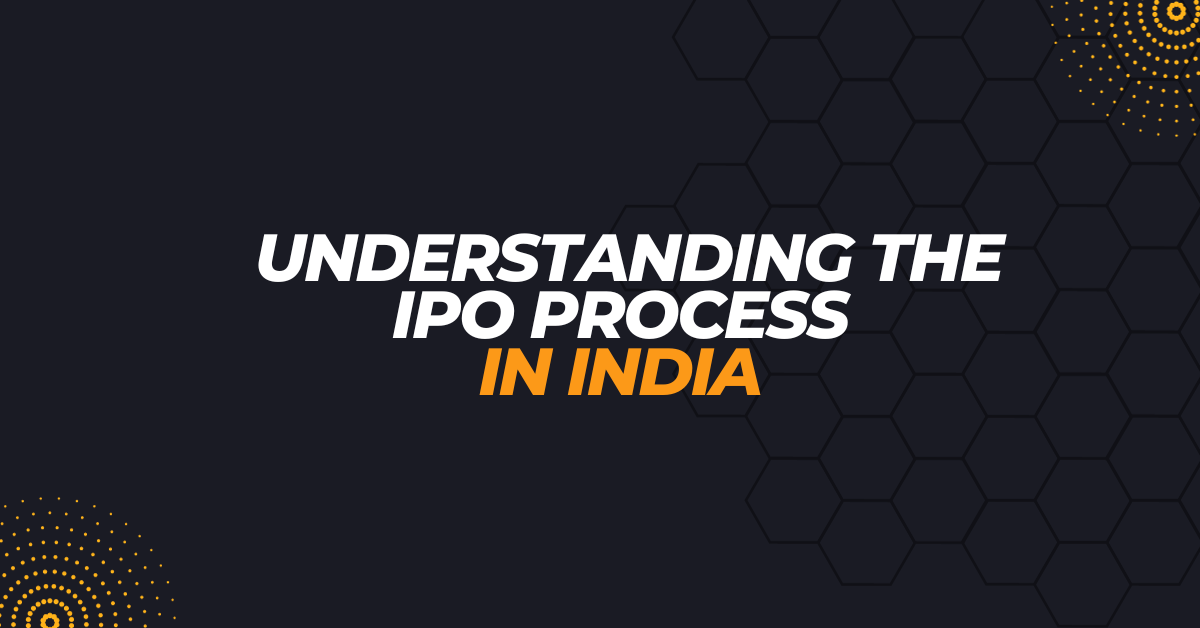In this comprehensive guide, we will delve into the intricacies of the Initial Public Offering (IPO) process in India. IPOs are a significant financial event for companies seeking to go public and raise capital. We will provide you with an in-depth understanding of each step involved, from the initial preparations to the final listing on the stock exchange. By the end of this article, you will have a thorough grasp of how the IPO process works in India.
Introduction to IPOs
An IPO, or Initial Public Offering, is the process through which a privately-held company offers its shares to the public for the first time. It marks a crucial milestone in a company’s growth journey and allows it to raise capital by selling ownership stakes to external investors. Let’s begin by discussing the reasons why a company might choose to go public through an IPO.
Why Companies Choose to Go Public
Going public via an IPO offers several advantages to businesses:
- Capital Infusion: One of the primary reasons for an IPO is to raise capital for business expansion, debt repayment, or funding research and development.
- Liquidity for Existing Shareholders: Existing shareholders, including founders and early investors, can monetize their investments by selling their shares in the public market.
- Enhanced Visibility and Credibility: A publicly-listed company often enjoys increased visibility, which can attract more customers, partners, and employees. It also enhances the company’s credibility.
- Mergers and Acquisitions (M&A): Being publicly traded can make it easier for a company to engage in M&A activities, using its stock as a currency for acquisitions.
The IPO Process in India
Pre-IPO Preparations
Before a company can go public in India, it must undergo meticulous preparations, including:
- Financial Audits: Thorough financial audits are conducted to ensure accurate financial statements.
- Appointment of Intermediaries: The company appoints intermediaries like investment banks, underwriters, and legal advisors to manage the IPO process.
- Drafting the Red Herring Prospectus: A red herring prospectus, which contains essential information about the company, is prepared and submitted to regulatory authorities.
Regulatory Compliance
Indian IPOs are governed by regulatory bodies like the Securities and Exchange Board of India (SEBI). Companies must adhere to strict compliance requirements, including:
- SEBI Approval: Obtaining approval from SEBI is a mandatory step in the IPO process.
- Listing Agreement: Companies need to enter into a listing agreement with stock exchanges like the BSE and NSE.
Pricing and Allocation
Determining the IPO price and allocation of shares is a critical step. Factors such as company valuation, demand from investors, and market conditions play a pivotal role.
Marketing and Promotion
To attract investors, companies embark on extensive marketing and promotional activities. Roadshows, investor presentations, and media campaigns are common strategies.
The IPO Day
On the IPO day, shares are offered to the public, and the company gets listed on the stock exchange. Investors can start trading the company’s shares.
Post-IPO Obligations
After successfully going public, companies must fulfill ongoing obligations, including:
- Quarterly Financial Reporting: Publicly-listed companies must regularly disclose their financial performance.
- Corporate Governance: Strict adherence to corporate governance norms is crucial.
- Shareholder Relations: Maintaining transparent and healthy relations with shareholders is essential.
Conclusion
In conclusion, understanding the IPO process in India is vital for companies planning to go public and investors looking to participate in IPOs. This guide has provided a comprehensive overview of the steps involved, from pre-IPO preparations to post-IPO obligations. By following this roadmap, companies can navigate the complexities of the IPO process successfully and unlock the benefits of being publicly traded. For more information and assistance with your IPO journey, consult with financial experts and regulatory authorities.

Naren is a finance graduate who is passionate about cryptocurrency and blockchain technology. He demonstrates his expertise in these subjects by writing for cryptoetf.in. Thanks to his finance background, he is able to write effectively about cryptocurrency.
